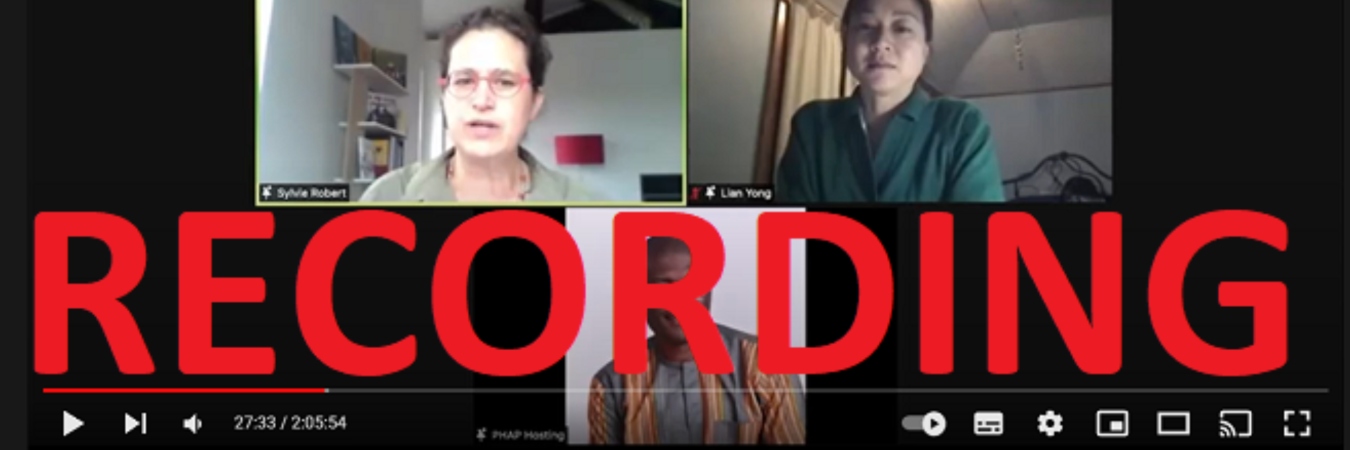
Recording Available: Webinar on applying guidance on accountability and inclusion
Recap on what was discussed during the second session of the PHAP and IASC event series on strengthening accountability and inclusion
On 5 October, PHAP and the IASC Results Group on Accountability & Inclusion organized a webinar on applying guidance on accountability and inclusion. Participants heard from practitioners who have gone through the process of selecting, adapting, and implementing accountability and inclusion tools in their programming. The webinar also highlighted the efforts made by the IASC Results Group on Accountability & Inclusion to make technical support more accessible.
Rachel Maher, Global Accountability to Affected People (AAP) Focal Point for OCHA, provided an overview of the different types of guidance that are available to practitioners which can be adapted depending on context in order to reflect operational realities. Lian Yong, Inter-Agency Prevention of Sexual Exploitation and Abuse (PSEA) Coordinator Myanmar (outgoing) highlighted that there is need for a clear link between AAP and PSEA, while also encouraging awareness building around PSEA among affected populations.
Sylvie Robert, an independent consultant, emphasized the need for common sense to be integrated in the use of guidance, while taking a people-centric approach to programming and reconnecting with affected populations that are otherwise difficult to access. When it comes to bridging the gap of lack of capacity in accountability and inclusion, John Ede, President of the Ohaha Family Foundation in Nigeria advised on using truly local capacity who are trusted in the community such as trusted volunteers, community, and religious leaders, while having critical guidance information at hand at the community level.
If you missed this event, you are now able to access the video and audio podcast format recordings of the discussion on the event page, where you can also find the results of the live polls.
This webinar follows the first event in the series that explored making collective accountability to affected populations a reality. Learn more about the rest of the series by visiting the event series page.
Access the recordings